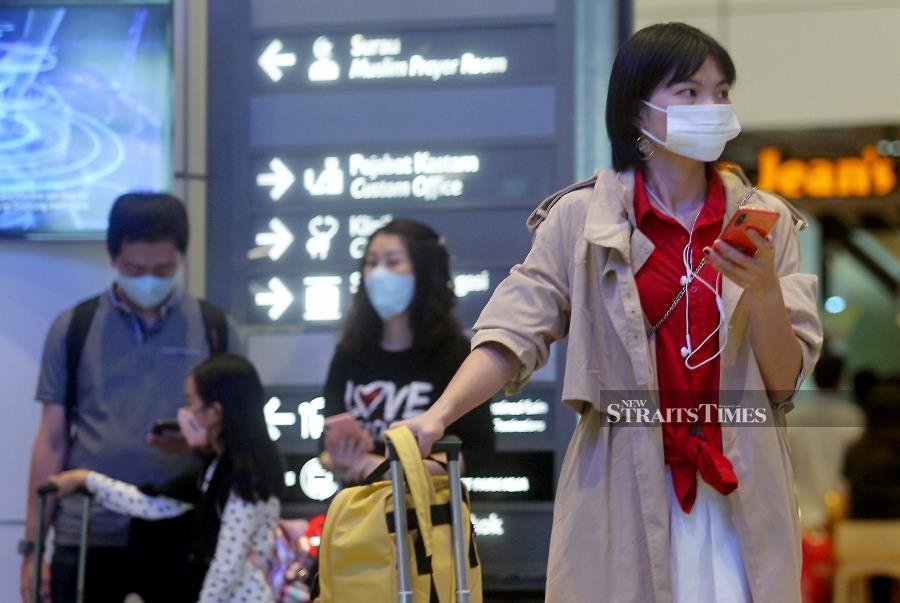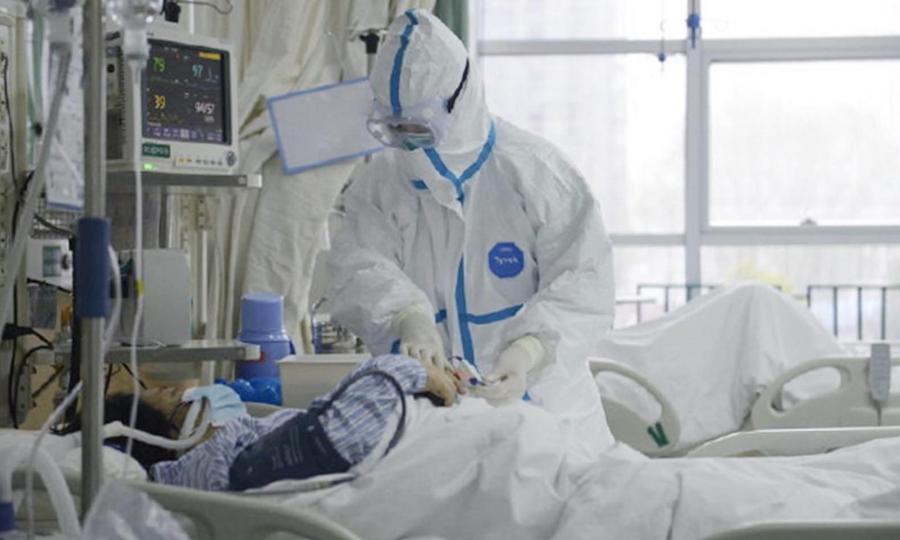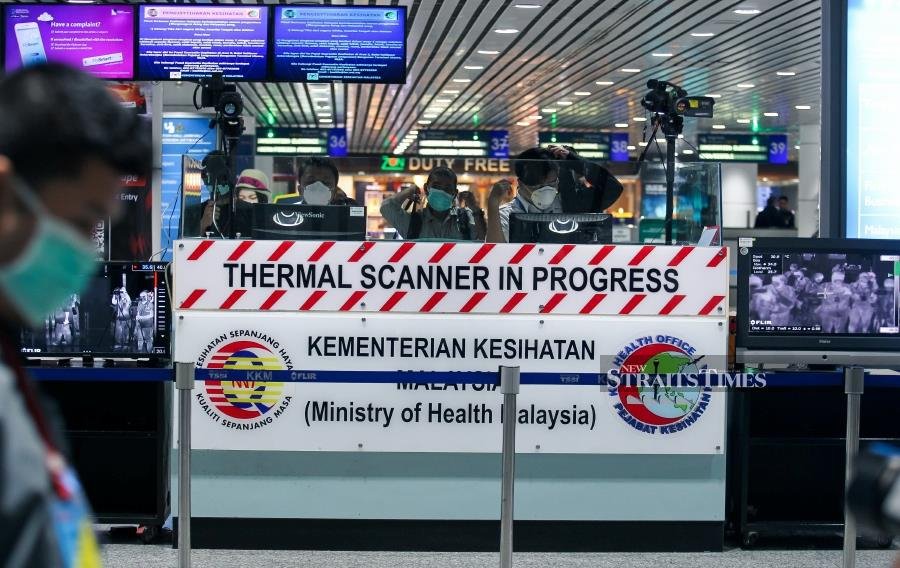UM Expert: Most Wuhan Virus Patients Will Have High Chance Of Recovery
The 2019 novel coronavirus (2019-nCoV) has a low case fatality ratio of three per cent.
A virologist, biosafety, and biosecurity expert with Universiti Malaya believes most patients who are diagnosed with the 2019 novel coronavirus (2019-nCoV) from Wuhan will be able to recover
Speaking to New Straits Times, Universiti Malaya Tropical Infectious Diseases Research and Education Centre (TIDREC) director Professor Dr Sazaly Abu Bakar said the 2019-nCoV had a case fatality ratio (CFR) of only about three per cent, thus giving patients a high chance of recovery.
In comparison, the World Health Organisation (WHO) listed the Middle East respiratory syndrome (MERS) with a CFR of 34.4 per cent while the Severe Acute Respiratory Syndrome (SARS) has a CFR of 14 to 15 per cent.
As of writing, there have been 107 confirmed deaths worldwide.
"The fatality rate of the 2019-nCoV infection is relatively low, at slightly more than three per cent, suggesting the possibility that those who died could have other predispositions," explained Prof Dr Sazaly
"Observation suggests the elderly with predispositions are vulnerable to 2019-CoV," he added.
The Straits Times reported that in 17 of the earliest deaths, almost half of the victims were aged above 80 years old with pre-existing conditions such as cirrhosis of the liver, hypertension, diabetes, and Parkinson's disease.
In a situation report published yesterday, 27 January, WHO said the median age of cases detected outside of China is 45 years, with patients ranging from two to 74 years old.
However, due to a long incubation period, the virus could be difficult to contain as infected people can spread it without knowing
MedicineNet defines an incubation period as "the time from the moment of exposure to an infectious agent until signs and symptoms of the disease appear".
The Guardian reported that the Wuhan virus has an incubation period of three to seven days, with a maximum of 14 days. It is infectious even during this stage.
Prof Dr Sazaly advises that precautionary measures should continue to be taken to curb the spread of the virus
He added that these measures should include thermal screening at entry points and the issuance of travel advisories.
According to the Ministry of Health, the general public can reduce the risk of coronavirus infections by:
- Cleaning hands with soap and water or alcohol-based hand rub,
- Covering your nose and mouth with tissue or flexed elbow when coughing and sneezing,
- Avoid close contact with anyone with cold or flu-like symptoms,
- Thoroughly cook meat and eggs, and
- Avoid unprotected contact with live wild or farm animals.


